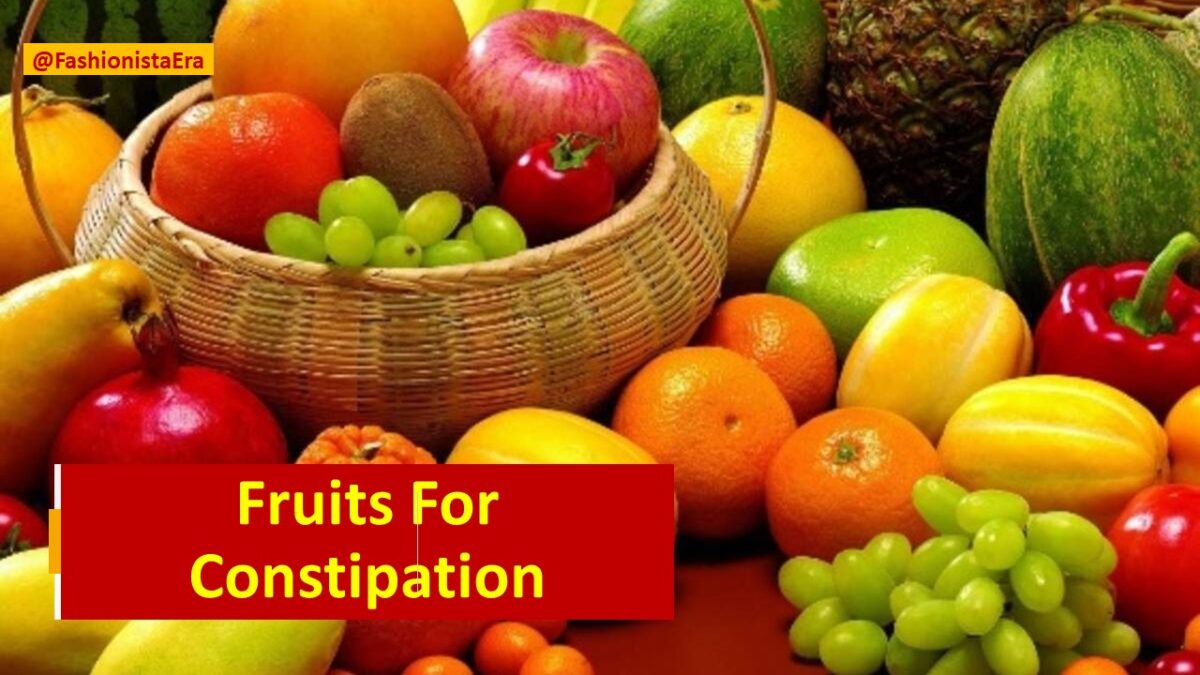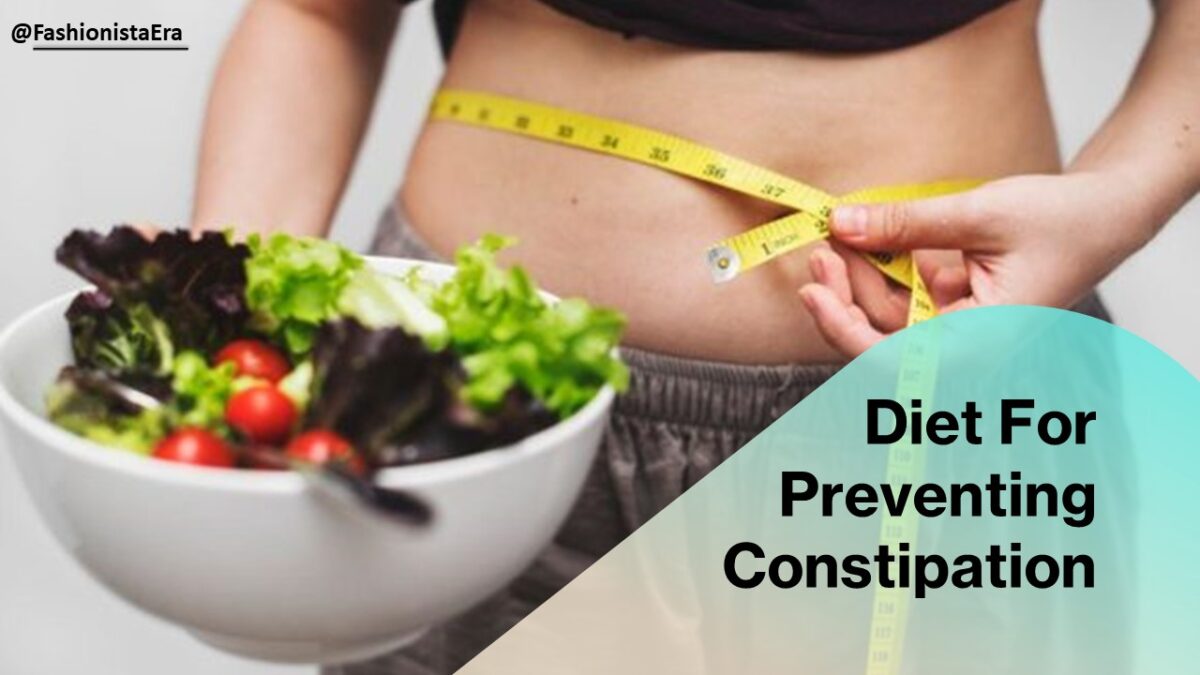As someone who has struggled with constipation in the past, I know firsthand how uncomfortable and frustrating it can be. That’s why I want to share some valuable information about the best foods for constipation. With the right diet and lifestyle changes, you can alleviate your symptoms and get back to feeling your best.
Understanding constipation and its causes
Before we dive into the best foods for constipation, it’s important to understand what constipation is and what causes it. Constipation is a common digestive issue that affects millions of people worldwide. It’s defined as having fewer than three bowel movements per week or having hard, dry, and difficult-to-pass stools.
There are many factors that can contribute to constipation, including a lack of fiber in the diet, dehydration, not getting enough exercise, certain medications, and even stress. Understanding the root cause of your constipation can help you make the necessary changes to alleviate your symptoms.
The importance of a proper diet for constipation
One of the most important factors in preventing and treating constipation is maintaining a healthy diet. Eating a diet that is high in fiber and rich in nutrients can help keep your digestive system functioning properly and promote regular bowel movements.
It’s recommended that adults consume between 25 and 30 grams of fiber per day to maintain a healthy digestive system. However, most people don’t get enough fiber in their diets. Increasing your fiber intake gradually over time can help prevent gas and bloating that can occur when you suddenly increase your fiber intake.
Best foods for constipation – Fiber rich foods for constipation

When it comes to the best foods for constipation, fiber-rich foods are at the top of the list. Fiber adds bulk to your stool, making it easier to pass, and helps to keep your digestive system moving.
Some of the best fiber rich foods for constipation include:
Whole grains: Whole wheat bread, brown rice, quinoa, and oatmeal are all excellent sources of fiber.
Vegetables: Broccoli, Brussels sprouts, sweet potatoes, and leafy greens like spinach and kale are all high in fiber.
Fruits: Apples, pears, berries, and oranges are all great options for adding more fiber to your diet.
Legumes: Lentils, chickpeas, black beans, and kidney beans are all high in fiber and protein.
Foods to Relieve constipation
Just as there are foods that can help alleviate constipation symptoms, there are also foods that can make symptoms worse. It’s important to limit or avoid these foods to prevent constipation and promote overall digestive health.
Some foods to relieve constipation include:
Processed foods: Foods that are high in sugar, salt, and fat can slow down digestion and contribute to constipation.
Dairy products: While dairy is an important source of calcium, it can also be constipating for some people.
Red meat: Red meat is high in fat and can be difficult to digest, contributing to constipation.
Fried foods: Fried foods are high in fat and can slow down digestion, leading to constipation.
Fruits for constipation and how to incorporate them into your diet

Fruits are a great option for adding more fiber to your diet and alleviating constipation symptoms. In addition to being high in fiber, many fruits are also rich in vitamins and minerals that are essential for overall health.
Some of the best fruits for constipation include:
Apples: Apples are high in fiber and contain a natural laxative called pectin.
Berries: Berries like raspberries, strawberries, and blackberries are high in fiber and can help stimulate bowel movements.
Prunes: Prunes are a well-known natural remedy for constipation and are high in fiber and sorbitol, a natural laxative.
Kiwi: Kiwi is high in fiber and contains an enzyme called actinidin that can help promote regular bowel movements.
To incorporate more fruits into your diet, try adding them to smoothies, oatmeal, or yogurt. You can also snack on fresh fruit throughout the day or add them to salads for a healthy and refreshing meal.
Other dietary tips for relieving constipation
In addition to eating a diet for constipation that is high in fiber and rich in nutrients, there are other dietary tips that can help relieve constipation symptoms.
Some additional tips include:
Drink plenty of water: Staying hydrated is important for keeping your digestive system functioning properly.
Eat smaller, more frequent meals: Eating smaller meals throughout the day can help keep your digestive system moving.
Avoid caffeine and alcohol: Both caffeine and alcohol can dehydrate you and contribute to constipation.
Chew your food thoroughly: Chewing your food thoroughly can help break it down and make it easier to digest.
Lifestyle changes to prevent constipation
In addition to dietary changes, there are also lifestyle changes you can make to prevent constipation and promote overall digestive health.
Some lifestyle changes to consider include:
Exercise regularly: Regular exercise can help keep your digestive system moving and promote regular bowel movements.
Manage stress: Stress can contribute to constipation, so finding ways to manage your stress levels is important for digestive health.
Get enough sleep: Getting enough sleep is important for overall health and can also help keep your digestive system functioning properly.
Don’t ignore the urge to go: Ignoring the urge to have a bowel movement can lead to constipation, so it’s important to listen to your body and go when you need to.
Recipes and meal ideas for a constipation-friendly diet

Eating a diet that is high in fiber and rich in nutrients doesn’t have to be boring or bland. There are plenty of delicious recipes and meal ideas that are constipation-friendly and packed with flavor.
Some recipes and meal ideas to consider include:
- Overnight oats with fresh fruit and chia seeds
- Quinoa and black bean salad with avocado dressing
- Roasted sweet potato and kale salad with a lemon vinaigrette
- Lentil soup with whole grain bread
- Baked salmon with roasted vegetables
Supplements and medications for constipation
While dietary and lifestyle changes are often the first line of defense against constipation, there are also supplements and medications that can help alleviate symptoms.
Some supplements and medications to consider include:
Psyllium husk: Psyllium is a natural source of fiber that can help promote regular bowel movements.
Magnesium: Magnesium can help relax the muscles in the digestive tract and promote regular bowel movements.
Stimulant laxatives: Stimulant laxatives like senna and bisacodyl can help stimulate bowel movements, but should be used sparingly.
Conclusion: Importance of a healthy lifestyle for preventing constipation
Constipation is a common digestive issue that can be uncomfortable and frustrating. However, by making dietary and lifestyle changes, you can alleviate your symptoms and promote overall digestive health.
Eating a diet that is high fiber foods for constipation and rich in nutrients, staying hydrated, exercising regularly, and managing stress levels are all important factors in preventing and treating constipation. By incorporating more fiber-rich foods into your diet, avoiding constipating foods, and making healthy lifestyle choices, you can get regular and stay healthy.
CTA:
If you’re struggling with constipation, try incorporating some of these dietary and lifestyle changes into your routine. And don’t forget to speak with your healthcare provider if you have any concerns or if your symptoms persist. A healthy digestive system is key to overall health and wellbeing.

